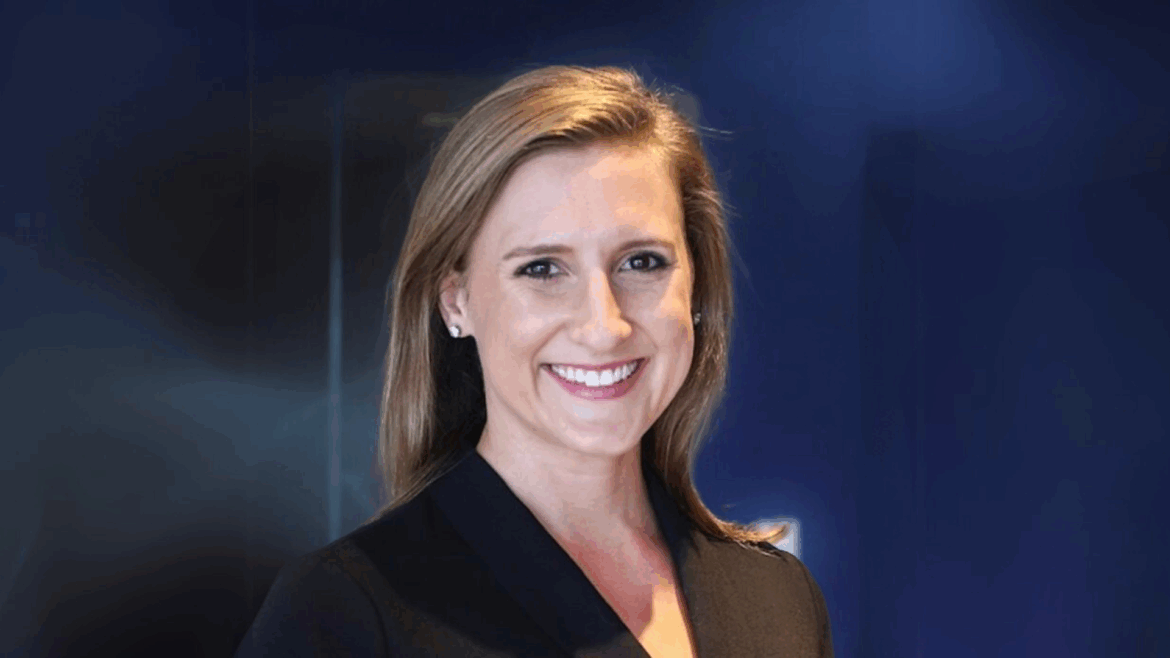Helena Bottemiller Evich is the founder and editor-in-chief of Food Fix.
Most recently, she led coverage of food and agriculture issues at POLITICO for nearly a decade, winning numerous awards for her work, including a George Polk Award for a series on climate change and two James Beard Awards for features on nutrition and science. In 2022, she was a James Beard Award finalist for a deep dive on diet-related diseases and Covid-19.
Before launching POLITICO’s food policy coverage in 2013, Helena was the Washington correspondent for Food Safety News where she covered deadly foodborne illness outbreaks and the run-up to Congress passing the most significant update to food safety law in a century.
Helena is a sought-after speaker and commentator on food issues, appearing on CNN, MSNBC, CBS, BBC and NPR, among others. Her work is widely cited in the media and has also been published in the Columbia Journalism Review and on NBC News.
Born and raised in Washington state, Helena attended Claremont McKenna College, where she studied government. She now lives in Washington, D.C., with her husband, two kids and tabby cat.
You’ve been at the forefront of food policy journalism for over a decade. What do you see as the most underreported story in food policy right now?
It’s so hard to just pick one – so many things go uncovered in food policy! One thing I’ve been thinking about a lot lately is how much this new realignment we’ve seen on food issues matters. The “Make America Healthy Again” movement has taken hold on the right, but many of their ideas were previously championed on the left. Will this realignment hold going forward? What are the potential policy implications of that? I don’t know yet, but it’s something to keep an eye on.
With Food Fix, you’ve created a platform focused entirely on food systems reporting. What gap were you trying to fill—and how has the response surprised you?
I launched Food Fix because I was tired of seeing food policy treated as a niche beat that’s not worthy of much coverage or investment in newsrooms. Many of these issues are actually mainstream — and they matter to our health and wellbeing as much as any other policy area. I will die on this hill! I had a feeling there was a wider audience for this type of dedicated coverage, and I was right. One surprising thing is that I get more reader emails now on my own than I did at Politico, when I technically had a bigger audience. I feel much more connected to my readers now.
As a journalist, how do you decide which stories to pursue in a space so shaped by powerful interests and uneven access to information?
It’s so hard to know where to focus each week. At any given time there are a dozen stories I can’t get to because I just don’t have the time to go down the rabbit hole – and that’s what I like to do when I’m going to write about something. There’s so much news that planning ahead is almost impossible in this environment. The access to information part is really hard, but having covered this space for 15 years helps – I can usually get people on the phone, even if they don’t particularly want to talk to me.
One thing I’m really proud of: We offer free subscriptions to anyone on SNAP, WIC, or free school meals. I think it’s really important that folks who are most impacted by these policy decisions have the option to really track what’s going on here in Washington.
What advice would you give to emerging journalists who want to cover food justice without falling into the traps of trendiness or performative storytelling?
Lean into nuance. Even if you think you understand an issue, I can almost guarantee you it’s more complicated than it seems. Seek out a variety of perspectives. Look for the voices who don’t always get the phone call. Look for the people who have a long history on whatever the topic is. Learn from them. It will always make the coverage better.
Where did you grow up?
Burien, WA
What city or town do you call home?
Washington, DC. But Washington state will always be home.
What is your background and education?
I have a bachelor’s degree in government from Claremont McKenna College. Fun fact: Working on my thesis (on food policy) is how I accidentally ended up in journalism.
What is one word you’d use to describe our food system?
Oh that’s a hard one. Endlessly complex. More fragile than we realize.
Who is your food policy hero?
Reading Marion Nestle’s Food Politics in college was formative. It gave me an early understanding of the real power dynamics at play.
What was your breakfast this morning?
I actually don’t like to talk about what I eat! Everyone always reads into it. State secrets!
What is your favorite food?
That first cup of coffee in the morning is unbeatable.
What is your favorite last meal on earth?
Pass!
What is your favorite food hangout?
I like going to big food halls/markets like Union Market in DC and Pike Place Market in Seattle near where I grew up.
Who are your food policy social media must-follows?
Other than Food Fix? I like to follow all of the reporters doing great in this space: Deena Shanker, Lisa Held, Leah Douglas, Kristina Peterson, Marcia Brown, Grace Yarrow, I am sure I am forgetting some off the top of my head!


